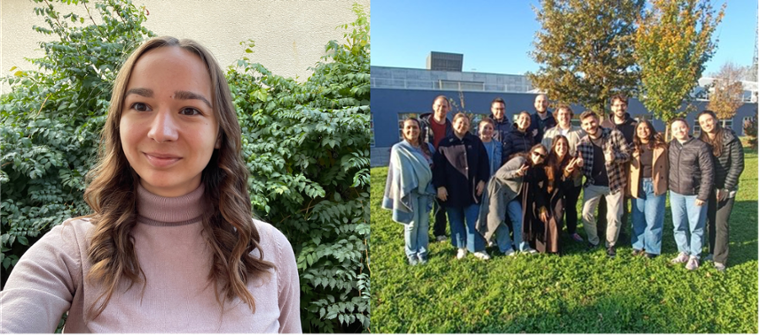Reinventing Science Communication? Challenges for the post-truth era
An international conference organized by the University of Ljubljana, 13-14 October 2022.
Deadline for submission of abstracts: April 30, 2022.
Science communication has witnessed unprecedented yet regionally uneven growth in the last two decades. But although the formats and actors of science communication are diversifying, the professionalization of science communication through training and qualifications and its institutionalization in research centres, higher education institutions, and state agencies tend to support more or less standardized strategies (cf. Bucchi and Trench, 2021).
Have recent and not so recent public crises, most notably the pandemic and the climate crisis, shown the inefficiency of these strategies; or are they just calls for wider public engagement of science? Has science communication successfully responded to the opportunities and challenges of digital environments? How are recent practices of science communication related to the rise of promotional culture, branding, entrepreneurial university, and wider transformations in the role of science and knowledge production in societies (cf. Väliverronen, 2021)? How to respond to populist demands towards science and sciencerelated populism (cf. Mede and Schäfer, 2020)? In other words, does science communication need reinventing in the post-truth era?
The conference, organized by the University of Ljubljana, Alternator (www.alternator.science) and the Museum and Galleries of Ljubljana aims to bring together experts active in science communication research, practice, training, or education. The conference organizers invite conference papers based on either theoretical research or on case studies to address, among others, the following themes:
- Science communication, crisis communication, and trust in science
- Conceptualizing science communication: between research and practice
- Trends in public communication of science and technology
- Science communication and the pandemic
- Science communication and the climate crisis
- Communicating sciences of the future (artificial intelligence, biotechnology…)
- Digital humanities and the role of communication of humanities
- Science communication and/within the academic field: structural cha(lle)nges
- Science communication and inclusivity: from class to gender
Participants are welcome to submit a proposal outside of this list if the topic broadly fits the conference theme.
Graduate students are also encouraged to contribute to a
special student session on the conference theme.
Please submit your proposal of a paper or a session (300-500 words), together with a short biography (maximum 100 words) and affiliation information to the organizing committee
via email science.communication@uni-lj.si by 30 April 2022.
The official language of the conference is English: all the proposals should be submitted in English. The presentations will also be in English. There will be no conference fee, a book of abstracts will be published by the time of the conference and opportunities for the publication of an edited volume of selected papers after the conference will be sought.
Confirmed keynote speakers:
- Prof. Sarah R. Davies is Professor of Technosciences, Materiality, & Digital Cultures at the Department of Science and Technology Studies, University of Vienna. Her work explores the relationship between science and society, and how this is mediated through digital spaces and practices. She has published a number of books, including Hackerspaces (2017, Polity), Science Communication (2016, Palgrave, with Maja Horst), and Exploring Science Communication (2020, SAGE, with Ulrike Felt).
- Mićo Tatalović is a news editor, Research Fortnight. He has worked as a science news editor at Nature, New Scientist and SciDev.Net. He completed the Knight Science Journalism fellowship at MIT, in Cambridge, US in 2018-2019. He is originally from Rijeka, Croatia, and is still actively involved in promoting science journalism in the region, through initiatives such as the Balkan School of Science Journalism and Balkan Science Beat.
- Marianne Achiam is an associate professor at the Department of Science Education, University of Copenhagen, Denmark, where she leads the research group on science communication. Her research and teaching focus on how to employ interdisciplinary methods to create effective science communication for sustainability. She has participated in a number of national and international research projects about inclusive science communication, including Hypatia, CRSC, and Our Museum.
- Nico Pitrelli is the director of the Master's Course in Science Communication “Franco Prattico” at SISSA, Trieste, Italy and Head of the Communications Office in the same institution. He has acted as Communication Manager of the EuroScience Open Forum - ESOF2020 Trieste. His last book is Il giornalismo scientifico (Carocci, Rome).

